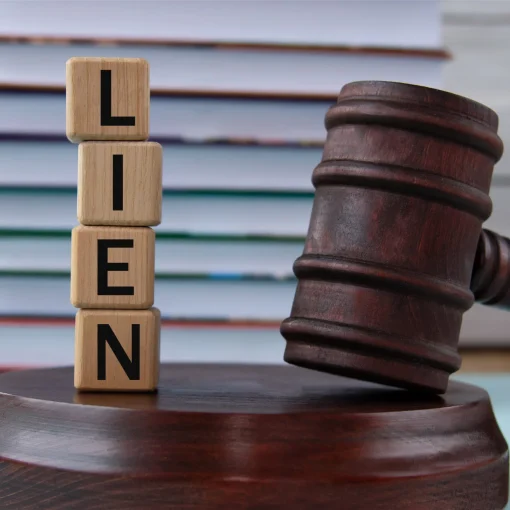What Happens If an Executor Does Not Probate a Will?
Losing a loved one is tough, but navigating the probate process can add an extra layer of stress. As an heir, you may be wondering what happens if an executor does not probate a will, and why probate is necessary in the first place.
Why Probate Is Important
Probate is the legal process that settles a deceased person’s estate, ensuring their assets are distributed according to their will. Without probate, heirs cannot legally access their inheritance, and the estate remains frozen. Typically, probate can take anywhere from a few months to up to two years, causing frustration for many heirs.
Consequences of Not Probating a Will
- Assets Won’t Transfer If probate isn’t filed, the decedent’s assets—like houses, cars, or bank accounts—remain legally in their name. Heirs cannot claim or transfer these assets without court approval.
- Estate Incur Ongoing Expenses Without probate, essential bills like property taxes, insurance, and debt payments will continue to pile up. These expenses often become a financial burden on the estate or even the executor personally.
- Creditors May Take Action Unpaid debts don’t disappear after someone passes. Creditors may seek payment from the executor, family members, or even sue to claim the deceased’s property if probate is delayed or not filed.
- Will Validity Can’t Be Contested If there’s a question about the validity of a will, such as concerns over the decedent’s mental state or signature, these issues can’t be addressed without probate.
- Executor May Face Legal Consequences If the executor neglects their duties, they may be held personally liable for any financial losses the estate incurs. They could also face lawsuits from heirs and criminal charges if they intentionally withhold the will for personal gain.
What Can Heirs Do?
If you suspect an executor is neglecting their responsibilities, you can take legal action. Options include petitioning the court to remove the executor, filing a civil lawsuit, or, in severe cases, pursuing criminal charges like fraud or embezzlement.
Can Probate Be Avoided?
In some cases, heirs can skip the probate process by opting for a probate advance. This allows beneficiaries to access part of their inheritance immediately without waiting for probate to be completed. Unlike loans, probate advances don’t require repayment or impact your credit score.
Conclusion
The probate process may be tedious, but it’s an essential part of settling an estate. If you find yourself dealing with an executor who is not fulfilling their duties, act quickly to avoid financial losses and ensure the estate is handled properly.
By understanding the importance of probate, you can protect your inheritance and the interests of all heirs involved.




